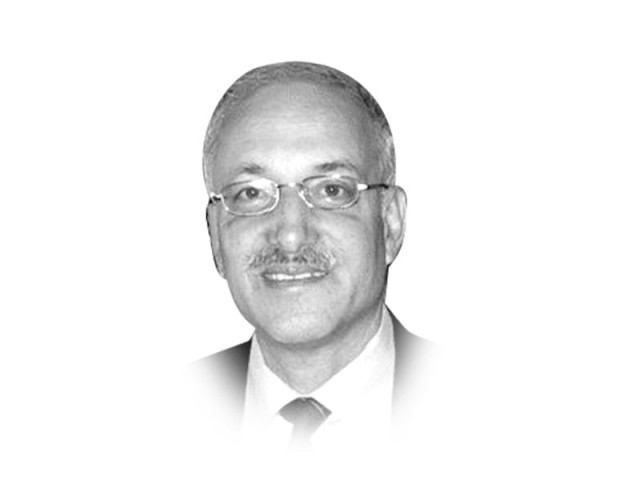The last testament of Saleem Shahzad
Shahzad argues that al Qaeda and the Taliban are not the same. Al Qaeda has a universal agenda.

The basic idea is that the Messiah (Imam Mehdi) will come in the Middle East and the war will begin in Khurasan (identified with Afghanistan and parts of Central Asia) and go on to India. Eventually, Israel will be defeated and a just caliphate will be established over the earth. To obtain this victory, al Qaeda will get rid of the Muslim rulers who are allies of the West and those Muslims who are not really Muslims at all. For this purpose, the most important theoretical insight is that the al Qaeda ideology comprises the ideas of takfeer and khuruj which are explained in pages 124-149. khuruj is revolt against a Muslim ruler of un-Islamic governance and takfeer refers to the heretical status of Muslims who adhere to western values. The idea was to convince the Muslim masses to revolt against their rulers because, according to the ideologues of al Qaeda, they were not Muslims but heretics. In this context, Sheikh Abdul Munem Mustafa Halima Abu Baseer’s (also called Abu Baseer al-Tartusi) book written in 1994 Qawaid Al-Takfeer explains both concepts clearly and is essential part of al Qaeda reading material. The philosophy of khuruj goes back to Ibn-e-Tamiyyah who forced Nair al-Din Qalausen, the ruler of Egypt, to fight against the Tartars on the pain of revolt. Further input into this came from Syed Qutb’s concept of jahilliya, which means ignorance and which includes all those who believe in democracy, secularism, socialism etc.
Shahzad argues, on the basis of evidence from 1996 to 2010, that al Qaeda and the Taliban are not the same. Al Qaeda, in contrast to the Taliban and other militant groups, has a universal agenda based upon the ideas given above. Thus, al Qaeda wants to expand its war to Central Asia and India as a prelude to defeating Israel and its supporters.
The battle had to begin by weakening the United States, which was attacked on 9/11 so as to bring it in the minefield of Afghanistan. Ilyas Kashmiri, who he confirms as the mastermind of the Mumbai assault (November 26, 2008), told him: We planned this battle to bring the Great Satan (the United States) and its allies into this swamp (Afghanistan).
Allegedly, Kashmiri planned the Mumbai attacks, which were meant to precipitate a war between Pakistan and India so as to relieve the pressure on the Taliban and al Qaeda on Pakistan’s western border.
This ideology has affected some army officers also. Shahzad gives the names of people like Captain Khurram, Major Haroon, Major Abdul Rahman among the most outstanding of them. The sketches of Khurram and Haroon are quite detailed and even emails from them are produced as evidence. Khurram, who was a commando officer in 2001, joined the Lashkar-e-Taiba in Kashmir. He left the army in 2003 and died in Afghanistan in 2007. Haroon trained the rag-tag army of the Taliban and was later jailed in Pakistan. Kashmiri, also an effective commander, carried out many attacks, including the 26/11 one in Mumbai. When Shahzad interviewed him, he told him that this attack was “nothing compared to what we have planned for the future” (p. 97).
The worth of the book is in these interviews and its inside knowledge — and it was probably too much of it which brought about his end!
Published in The Express Tribune, July 31st, 2011.



















COMMENTS
Comments are moderated and generally will be posted if they are on-topic and not abusive.
For more information, please see our Comments FAQ